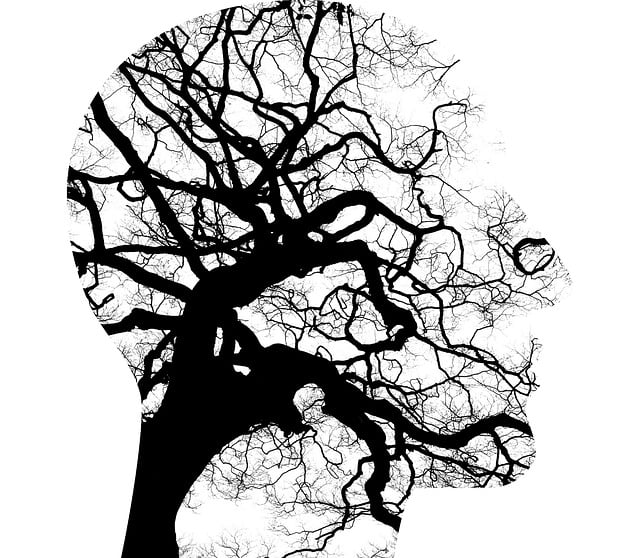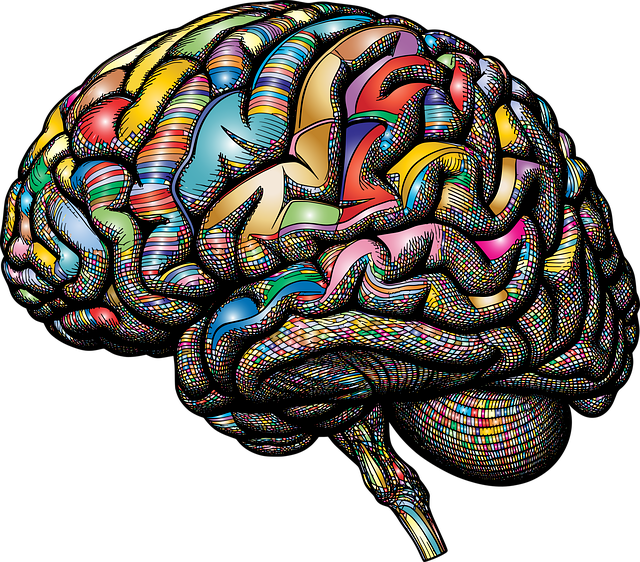Stress management is vital for preventing and managing chronic conditions like Lakewood Adjustment Disorder (LAD). LAD therapy focuses on changing thought patterns through techniques like CBT, mindfulness meditation, and conflict resolution, improving resilience and reducing symptoms. Cultural sensitivity and self-care routines are key to effective treatment. Teaching stress management skills in schools and promoting healthy coping strategies empower individuals to navigate life's challenges with emotional balance and improved mental well-being.
Stress management techniques are essential tools for navigating life’s challenges, especially for those dealing with conditions like Lakewood Adjustment Disorder. This comprehensive guide explores effective strategies to understand and overcome stress. We delve into the role of therapy in managing stress, offering insights on how professional support can empower individuals. Furthermore, we present practical techniques for teaching stress management, emphasizing healthy coping strategies that can be implemented and maintained over time.
- Understanding Stress and Lakewood Adjustment Disorder
- The Role of Therapy in Managing Stress
- Effective Techniques for Teaching Stress Management
- Implementing and Maintaining Healthy Coping Strategies
Understanding Stress and Lakewood Adjustment Disorder

Stress is a natural response to challenging situations, but when it becomes chronic, it can lead to various health issues. Understanding stress involves recognizing its triggers and impacts on both mental and physical well-being. Lakewood Adjustment Disorder (LAD), characterized by persistent feelings of distress and difficulties coping with everyday life, requires effective management strategies. LAD therapy focuses on identifying and changing unhealthy thought patterns and behaviors that contribute to prolonged stress.
By learning conflict resolution techniques, individuals can effectively manage stressors related to interpersonal relationships and work environments. Anxiety relief methods, such as mindfulness meditation and deep breathing exercises, are crucial tools for mood management, helping to calm the mind and body during stressful situations. Integrating these practices into daily routines empowers individuals to navigate life’s challenges with resilience, ultimately reducing the risk of developing or exacerbating conditions like LAD.
The Role of Therapy in Managing Stress

Stress management is a holistic process that often involves professional guidance, and therapy plays a pivotal role in this journey. For individuals dealing with conditions like Lakewood Adjustment Disorder, therapy provides a safe space to explore and understand the root causes of stress. Through various therapeutic techniques, such as cognitive-behavioral therapy (CBT), clients can learn effective coping strategies to navigate stressful situations. This form of therapy empowers individuals to challenge negative thought patterns and develop healthier perspectives, ultimately reducing the impact of stress on their lives.
Incorporating cultural sensitivity in mental healthcare practice is essential, ensuring that therapeutic approaches are tailored to an individual’s unique background and experiences. By recognizing and addressing cultural barriers, therapists can create an inclusive environment, fostering better engagement and outcomes. Moreover, mindfulness and the application of mind over matter principles can be powerful tools within therapy. These practices help individuals gain control over their stress response, promoting a sense of calm and resilience in the face of challenging circumstances, which is particularly valuable in preventing burnout.
Effective Techniques for Teaching Stress Management

Teaching effective stress management techniques is a valuable skill that can empower individuals to navigate life’s challenges with resilience. One proven approach is incorporating mindfulness meditation into educational frameworks. This ancient practice encourages students to focus on the present moment, reducing anxiety and fostering emotional balance. By integrating mindfulness exercises, teachers can help learners develop self-awareness and coping strategies to manage stress effectively.
Additionally, healthcare provider cultural competency training plays a crucial role in addressing Lakewood Adjustment Disorder Therapy. Understanding cultural nuances enables educators to tailor their teaching methods and create inclusive environments. This sensitivity ensures that students from diverse backgrounds receive relevant support, promoting effective stress management practices tailored to their unique needs. Encouraging self-care routine development is another powerful tool for better mental health, empowering individuals to prioritize their well-being in a fast-paced world.
Implementing and Maintaining Healthy Coping Strategies

Implementing and maintaining healthy coping strategies is a cornerstone of stress management. It involves adopting practices that not only alleviate immediate tension but also build resilience over time. For individuals dealing with conditions like Lakewood Adjustment Disorder, these strategies become essential tools in navigating emotional challenges. By integrating activities like regular exercise, mindfulness meditation, or engaging in creative outlets, one can effectively reduce stress hormones and foster a sense of calm.
Moreover, cultivating positive thinking and emotional intelligence plays a pivotal role. Crisis intervention guidance often emphasizes the power of reframing negative thoughts and focusing on solutions. This mindset shift not only enhances overall well-being but also equips individuals with the skills to manage stressful situations more adaptively. Consistent practice of these healthy coping mechanisms can transform daily stressors into manageable challenges, ultimately leading to improved mental health outcomes.
Stress management is a vital skill, especially with the prevalence of conditions like Lakewood Adjustment Disorder. Through understanding stress triggers and employing effective techniques, such as therapy and healthy coping strategies, individuals can significantly improve their well-being. By integrating these practices into daily life, one can navigate challenging situations more resiliently, fostering better mental health outcomes and enhanced quality of life.














